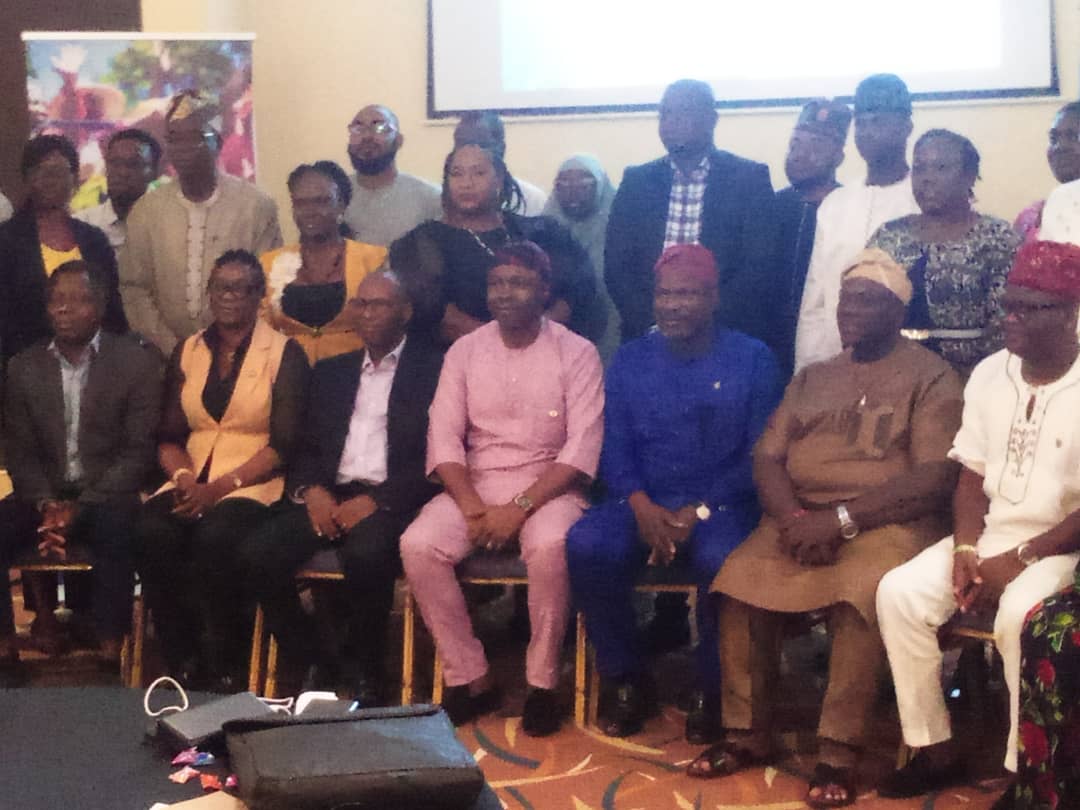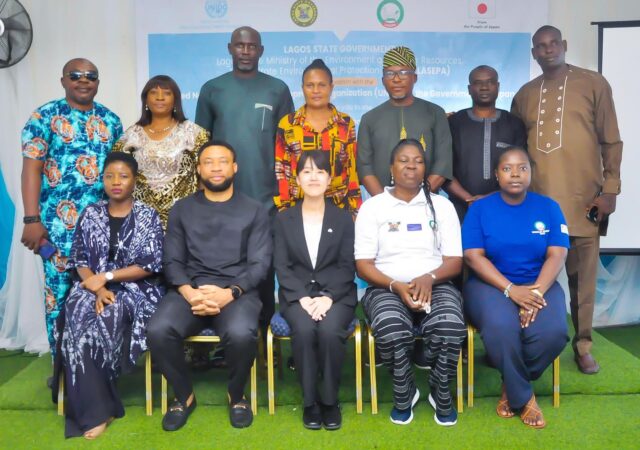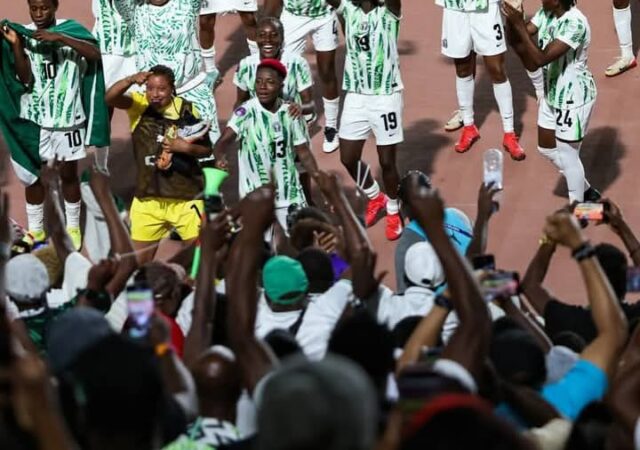WaterAid Nigeria in partnership with the Lagos State WasteWater Management Office (LSWAMO) has called for collaboration among stakeholders in addressing faecal sludge and waste water management in the state.
The two organizations jointly made the call at a workshop for “Sanitation Towards a Faecal Sludge Management Framework in Lagos State”.
Speaking at the event, Dr Adebayo Alao, Head, Lagos Programme, WaterAid, said that interventions in waste water management in Lagos has been challenged by lack of coordination among critical stakeholders in the WASH sector.
“It appears everyone is working in silos, doing his own thing. There is that disconnect among critical stakeholders.
“It was from this background that we thought of bringing different stakeholders under one roof to work out a road map to end open defecation and the indiscriminate discharge of waste water and faecal matter into the open.
“We said that we can do a study that will first of all try to understand the nature of these practices in the state, understand who the critical stakeholders are and then bring everybody in the room for discussion,” Alao said.
He noted that the conversation among stakeholders would lead to the setting up of a framework that would guard the operations of the different stakeholders.
“Any intervention that has to do with waste water, feacal lodge, sanitation and even open defecation, there should be a framework that connects everybody together and everyone is clear about his role and responsibilities.
“In the process of doing this, the regulators and other sector players will be able to identify where each fits in,” Alao said.
Also speaking, the General Manager, LSWAMO, Mr Adefemi Afolabi, said the objective of the workshop is very crucial to all Lagos residents because it serves as a study to what we have as sanitation infrastructure in the state.
“For a population of 23 million and still growing, Lagos needs to identify the infrastructure we have in place, the challenges, the stakeholders we can partner with and what are we doing in the WASH space to prevent the outbreak of diseases.
“If we don’t do it well, the public health suffers and the wage bill of health also increases, meaning that many people will be having incidence of cholera and waterborne diseases.
“This workshop is very critical, even as a state actor, we should bring together stakeholders to brainstorm on re-jigging the waste water sector with a view to surmounting the challenges
“2.21 million cubic meter of waste water is generated on daily basis; 90 per cent of what is generated goes back into our water body untreated,” Afolabi said.
He noted that the workshop will help in making a proper budget and seek finance along the waste water value chain as a result of good data generated
The general manager advocated for behavioural change among Lagos residents through responsible waste water management.
He advised Lagos residents not to link their septic tank to drainages.
The workshop was attended by stakeholders from the Lagos State Ministry of Environment and agencies under it, the Lagos State water regulatory authority, WaterAid and other development partners.








I needed to put you this tiny note to be able to thank you very much again with your superb advice you’ve discussed in this case. It is strangely generous with you to convey openly precisely what a number of us might have offered for sale for an ebook to make some bucks on their own, specifically seeing that you might have done it in case you wanted. These guidelines additionally worked to provide a good way to realize that other people have the same zeal really like mine to learn a little more with reference to this problem. I am sure there are thousands of more enjoyable periods in the future for those who scan your site.
obviously like your web site but you have to check the spelling on quite a few of your posts. A number of them are rife with spelling issues and I to find it very troublesome to tell the reality then again I’ll definitely come back again.
I discovered your blog site on google and check a few of your early posts. Continue to keep up the very good operate. I just additional up your RSS feed to my MSN News Reader. Seeking forward to reading more from you later on!…
Respect to article author, some great information .
Way cool, some valid points! I appreciate you making this article available, the rest of the site is also high quality. Have a fun.
I think this is one of the most important info for me. And i am glad reading your article. But should remark on some general things, The site style is wonderful, the articles is really excellent : D. Good job, cheers
0p0qt2
Its good as your other blog posts : D, appreciate it for posting.